A guide to help modern retailers find the right AI development and consulting partner
Retail is changing faster than ever. Customers jump between online stores, mobile apps, and physical shops without thinking twice. They expect quick service, personal offers, and a smooth experience from start to finish. For retailers, that means one thing - the right technology now matters as much as the right products.
The challenge is that not every company has the experience or time to build modern systems on its own. That’s where external partners come in. But finding AI development and consulting experts that truly understand retail, data, and everyday operations is harder than it sounds.
Here’s how to make that decision with confidence.
1. Start with a clear goal
Before you look for a partner, define what you want to achieve. Is it better inventory visibility, demand forecasting, or smarter pricing? Or maybe your aim is to personalise customer interactions and improve loyalty?
Having a specific goal keeps you focused and helps potential partners understand what really matters to you. A reliable team will take time to ask questions, learn about your business, and shape a plan around your priorities instead of selling you a pre-built package.
2. Look for real retail experience
Retail has its own rhythm. There are seasonal peaks, unexpected shifts in demand, and tight competition. Working with someone who already understands these patterns saves time and reduces risk.
Search for retail software development companies that can show examples of work for stores, e-commerce platforms, or supply chains. Ask what problems they solved, how they measured results, and how long it took to see improvements. The best teams can describe projects in simple terms and connect them to actual business outcomes.
If a company talks only about tools or technologies, but not about the results they’ve helped retailers achieve, that’s a reason to keep looking.
3. Check how they handle system integration
Retailers often use many tools at once - order systems, stock databases, online shops, loyalty apps, and accounting software. When those systems don’t connect properly, information gets lost and errors pile up.
A dependable consulting partner understands how to bring those systems together so that data flows cleanly from one to another. They won’t suggest throwing everything out and starting again. Instead, they’ll focus on connecting what already works and improving it step by step.
4. Ask about their working process
It’s not enough to like how a team talks - you need to know how they work. Ask them to explain what happens after you sign the contract. How do they gather requirements? How do they test? How often will you see progress?
Good companies have a clear plan and are transparent about pricing, timelines, and potential risks. If their answers feel vague or too optimistic, that’s a warning sign.
A structured process is what keeps projects on schedule and prevents miscommunication
5. Look at how they handle data
Modern retail runs on information. Every sale, click, and product return adds to a growing pool of data that can help you make better decisions. The right partner will treat that data responsibly - collecting it securely, analysing it correctly, and using it to improve performance.
Teams that provide AI & ML services often have deep experience working with data in retail. They can help you move beyond simple reports and build predictive tools that make planning and operations smoother. Even if you’re not ready for that step today, it’s useful to work with a company that can grow with you when the time comes.
6. Pay attention to communication
You’ll know very quickly if a company communicates well. Do they listen carefully before suggesting solutions? Do they explain ideas clearly, without unnecessary jargon? The right partner makes complex things easy to understand. They’ll give you honest updates, even when something doesn’t go as planned.
Communication isn’t just a nice extra - it’s what keeps projects moving forward. When it’s missing, problems appear quietly and usually cost more to fix later.
7. Start small before committing
There’s no need to hand over your entire digital strategy on day one. A small project is the best way to see how a team really works. It could be a short discovery phase, a data audit, or a simple dashboard.
This first stage lets you see how the team meets deadlines, handles feedback, and manages details. If they deliver what they promised and working with them feels easy, scaling up will be the natural next step.
Good partners prefer this approach too because it builds trust and gives both sides a chance to align expectations.
8. Think about the long-term
Retail doesn’t stand still. Even the best system today will need updates in a few years. That’s why it’s smart to look for a partner interested in long-term cooperation, not just a quick project.
The right team stays with you after launch - monitoring performance, fixing issues, and suggesting improvements as the market changes. Long-term partnerships save money and create stability because the team already understands your systems and goals.
Final thoughts
Finding the right development and consulting partner isn’t about choosing the cheapest offer or the biggest company. It’s about finding people who listen, understand how retail really works, and deliver results you can measure.
When that happens, technology stops feeling complicated. Your systems start working together, your team gets clearer insights, and your customers feel the difference. That’s what a strong partnership is all about - practical progress that keeps your retail business ready for what comes next.

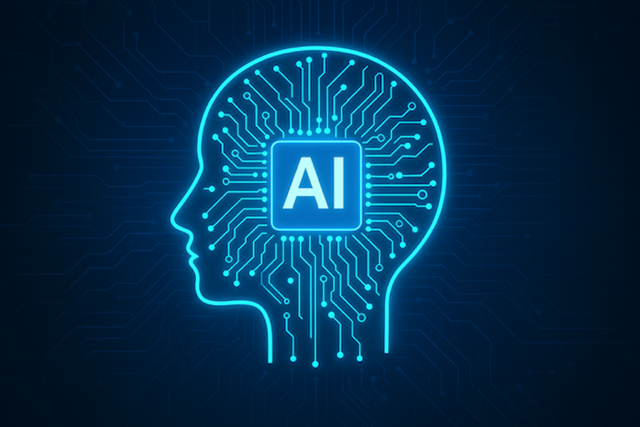


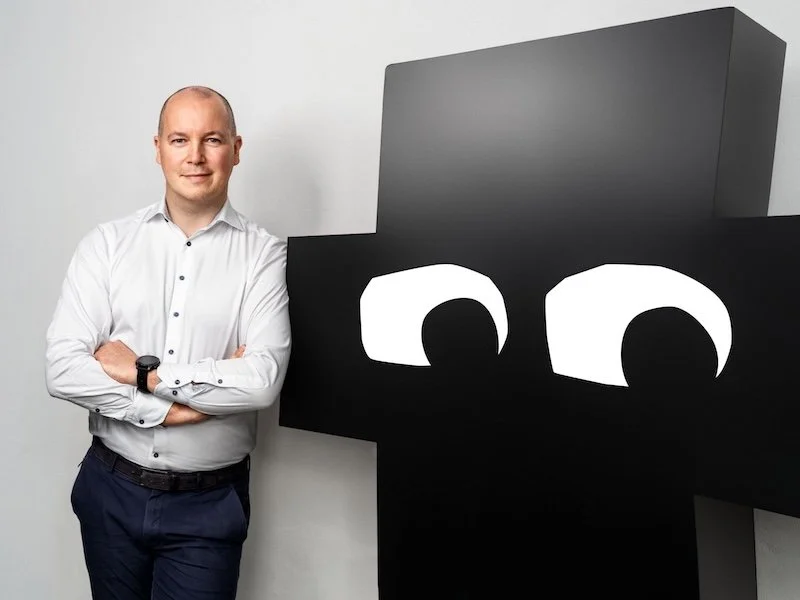


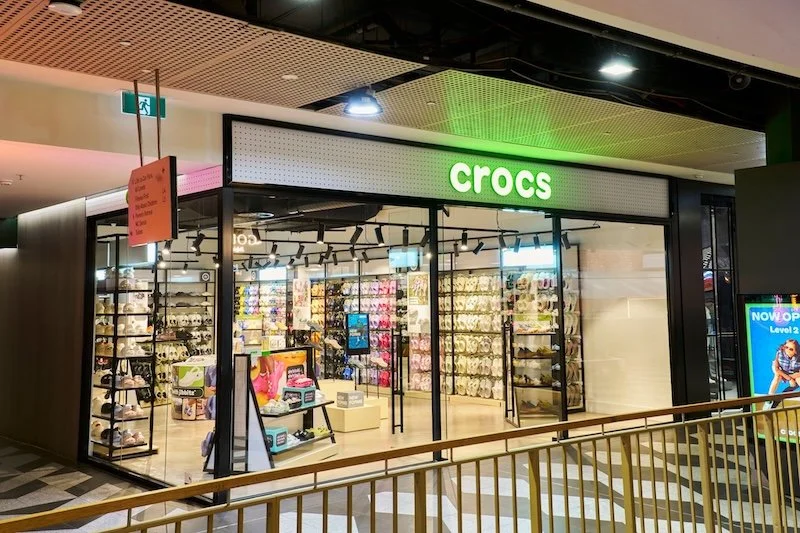
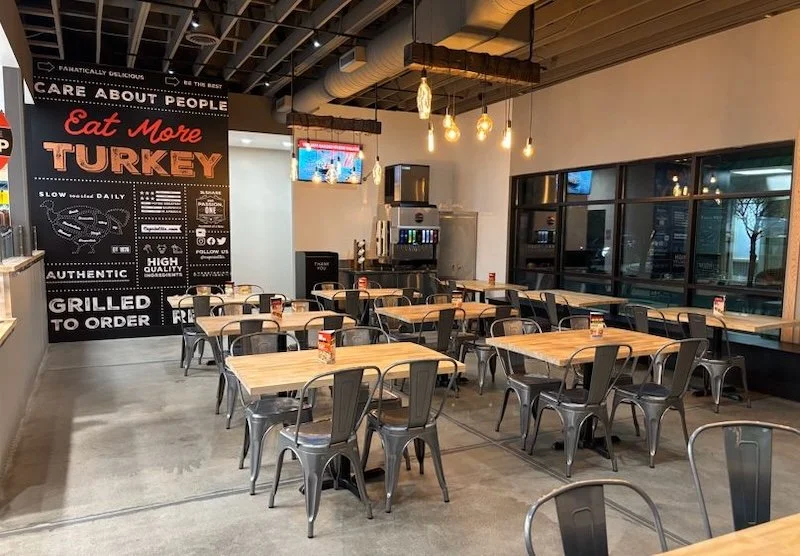
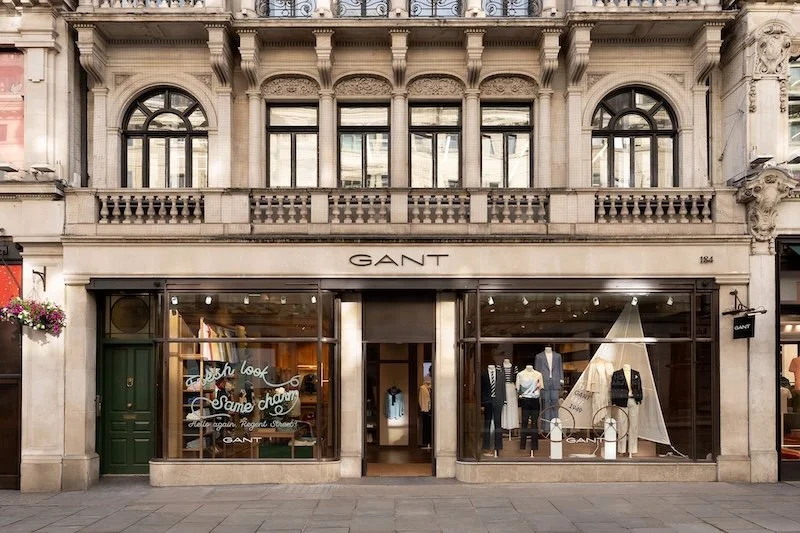
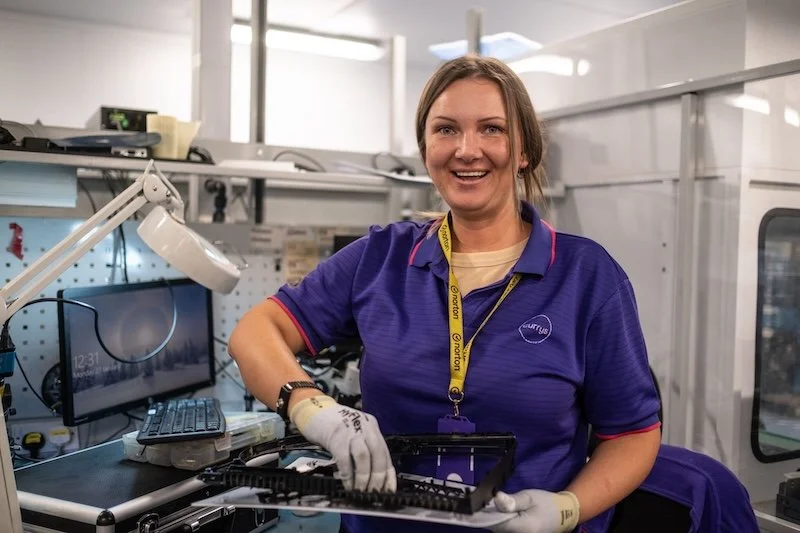

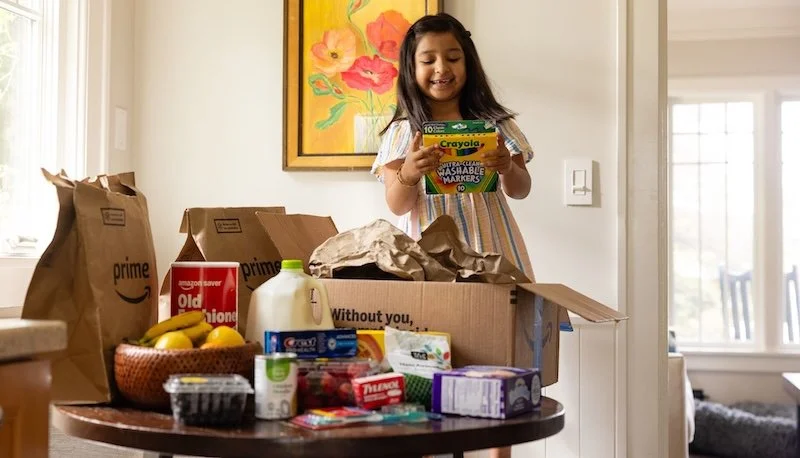


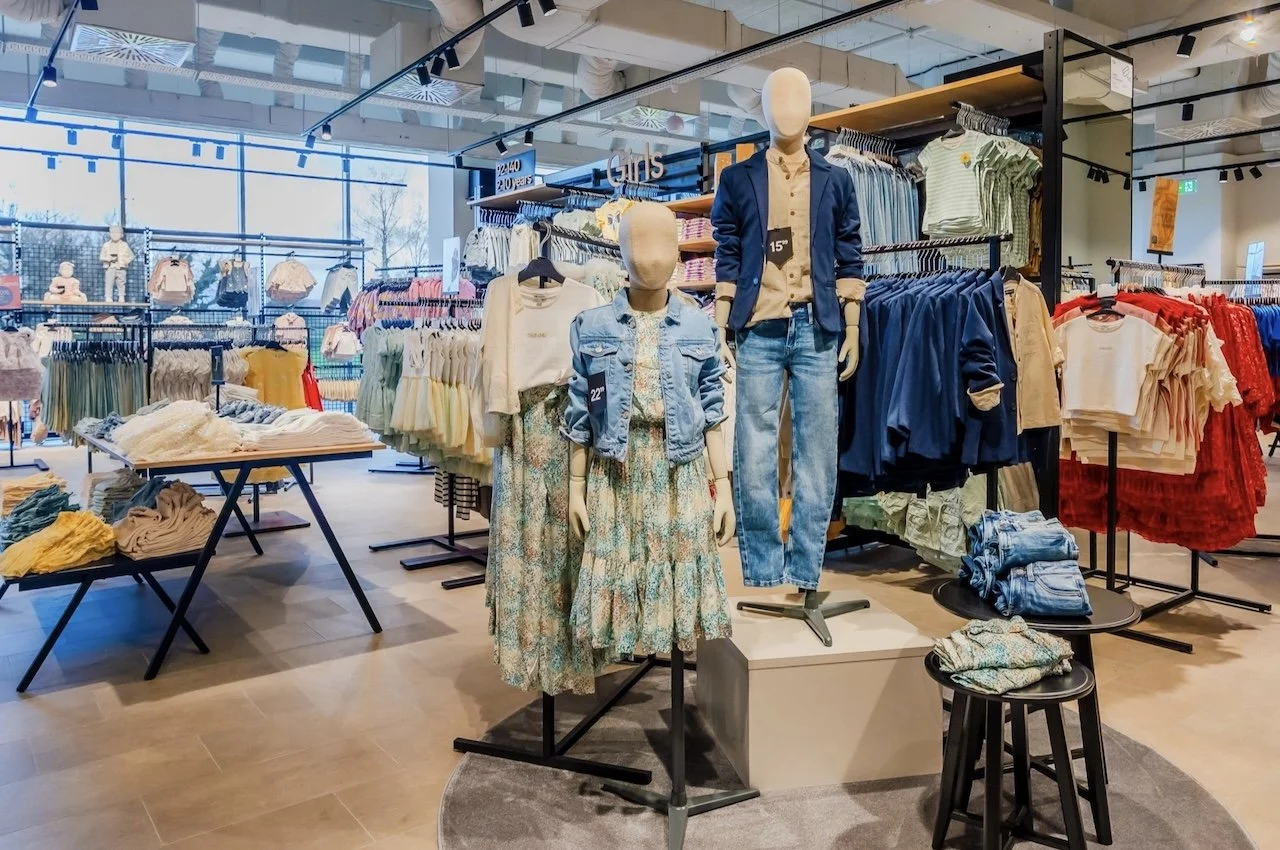
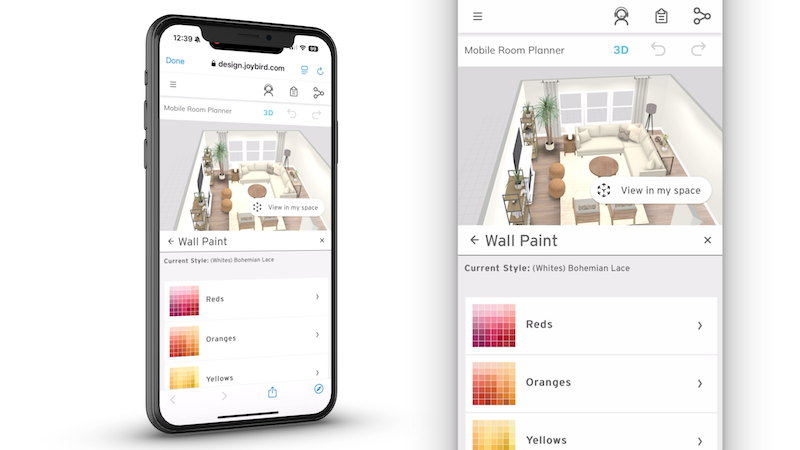
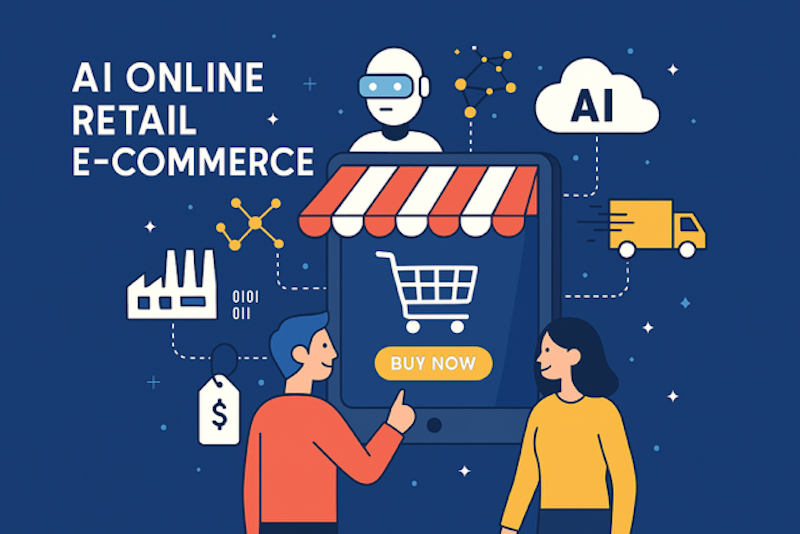
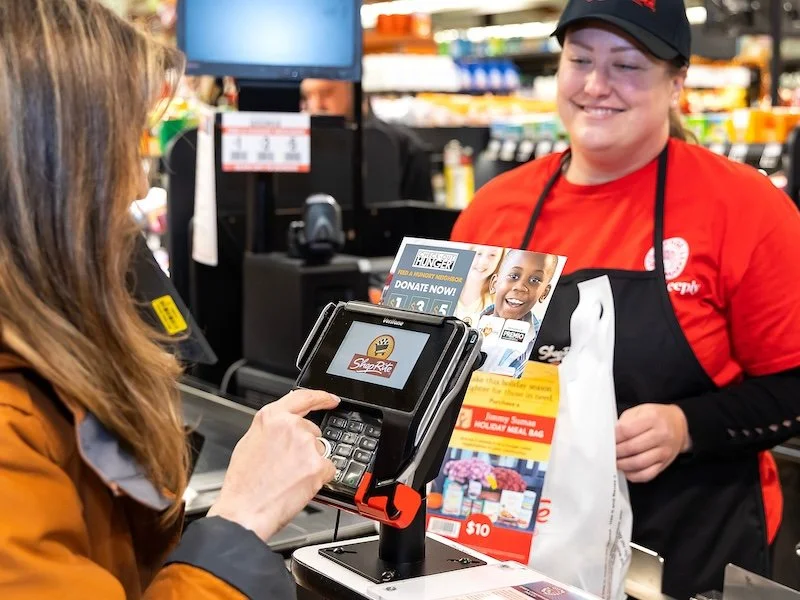
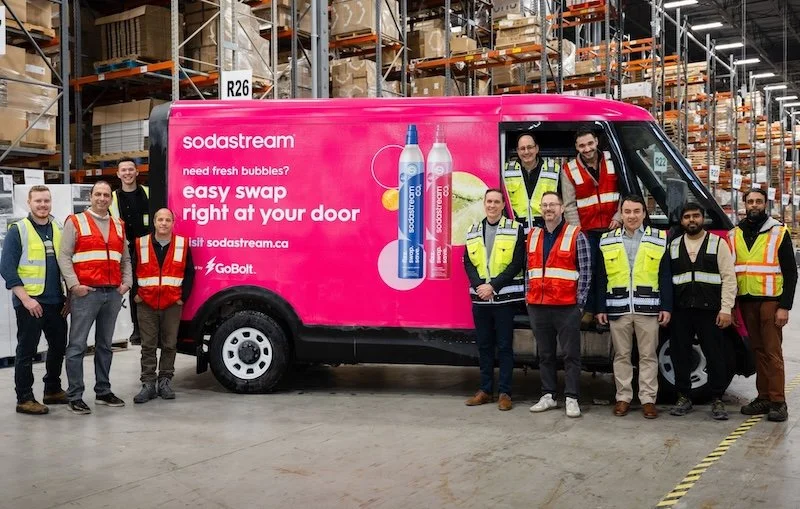

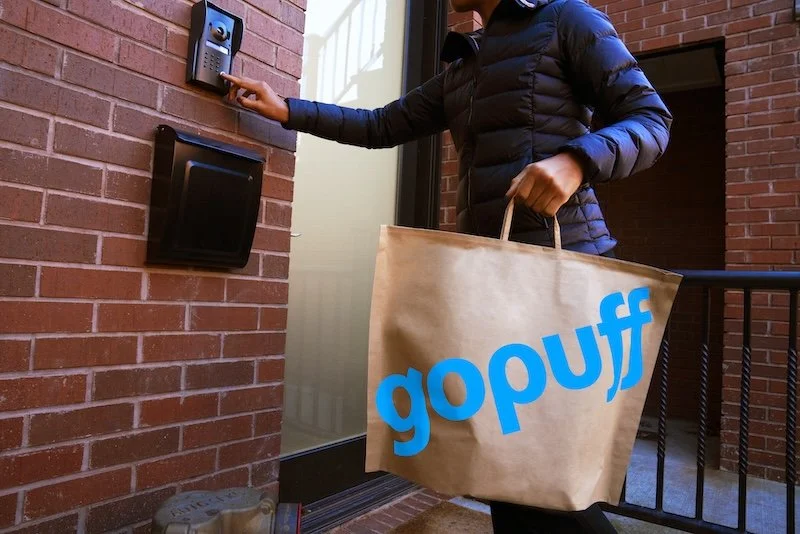
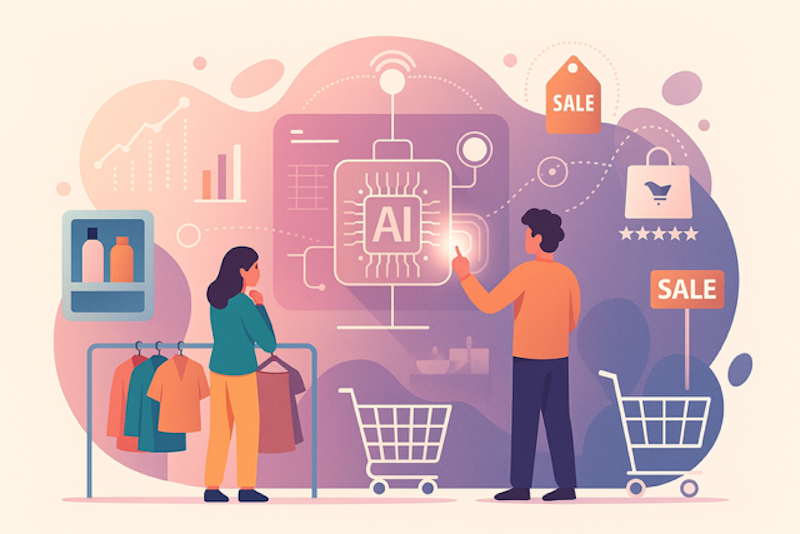
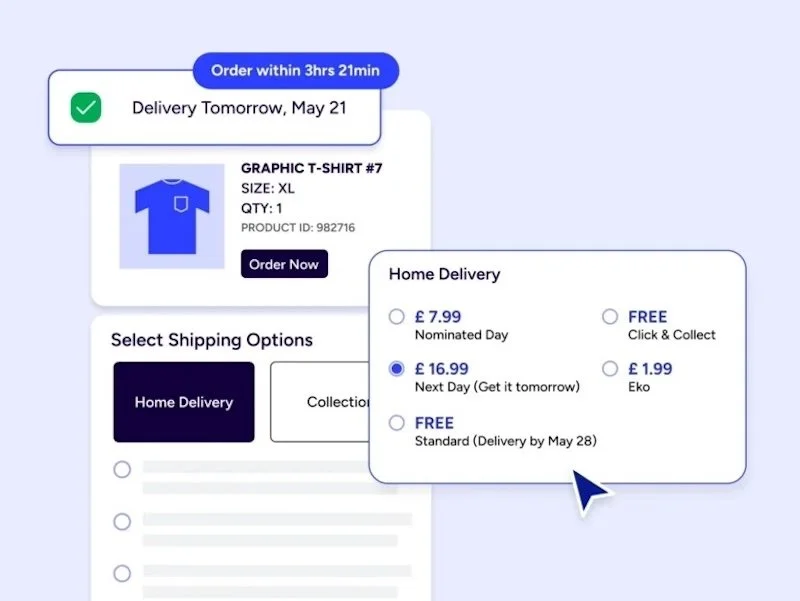
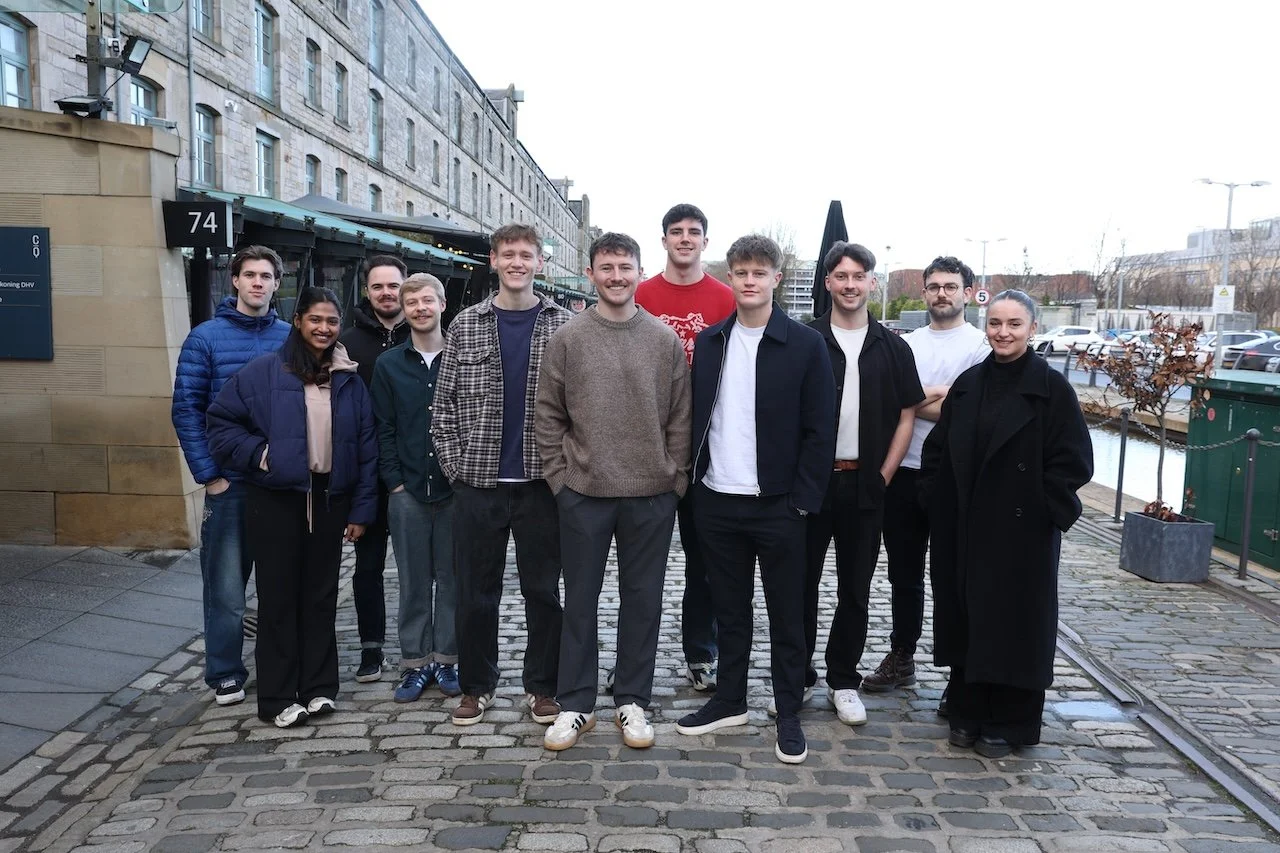



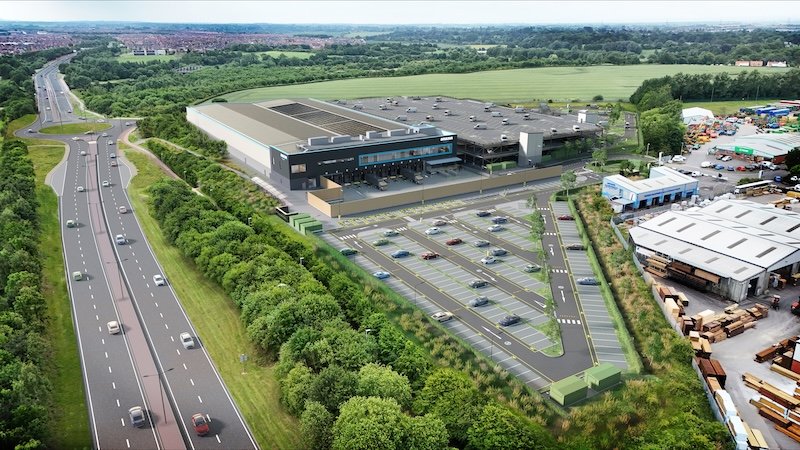


Continue reading…